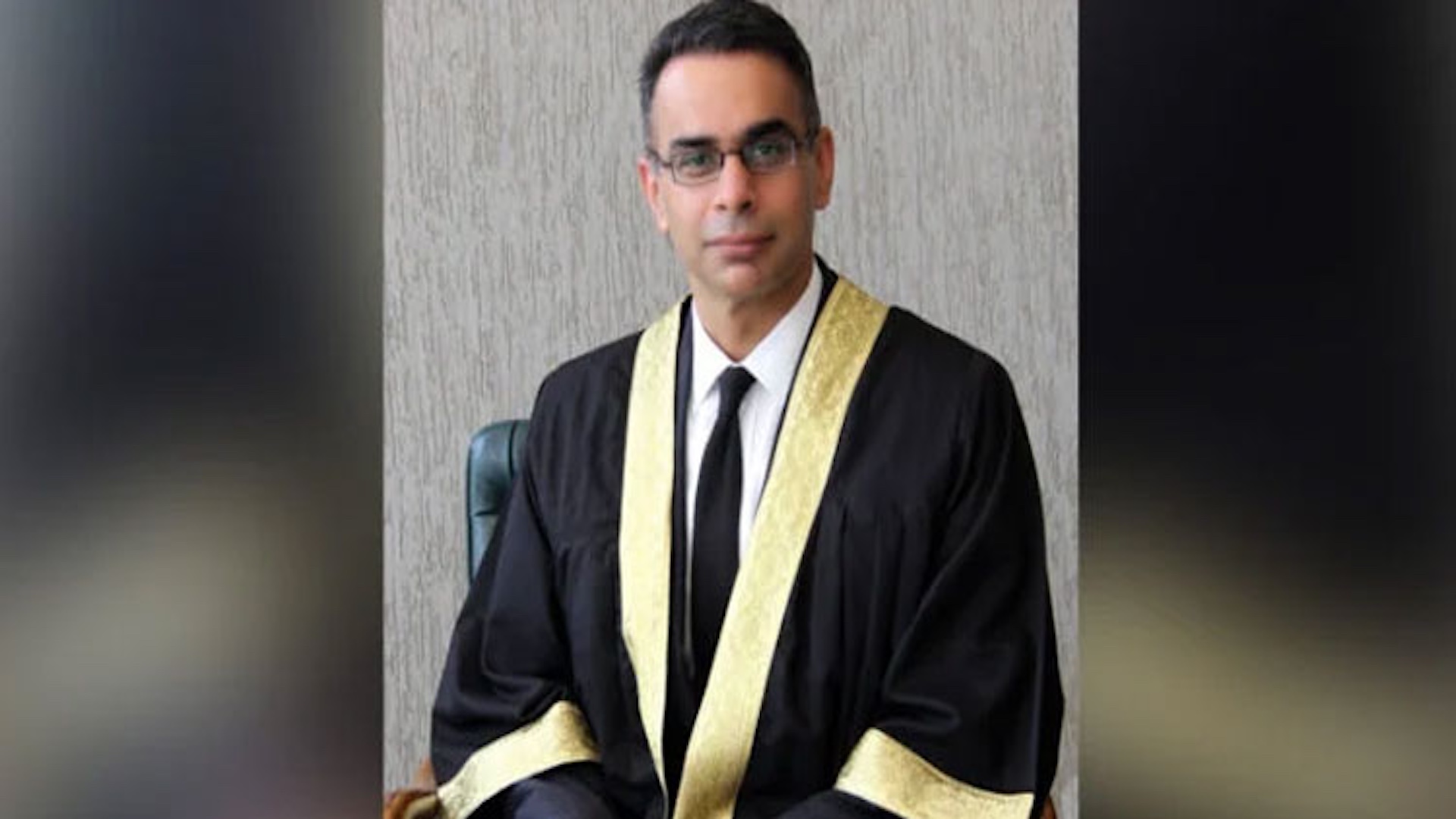ISLAMABAD: Upholding the conviction of a man charged with raping a 20-year-old woman, the Islamabad High Court judge Justice Babar Sattar outlined several principles about consent and social stigma in cases of rape and sexual assault.
The judge ruled in the verdict that consent must be free and voluntary and that “mere submission” due to fear or coercion does not constitute consent.
“Mere submission in consequence of force or threats is not consent,” the verdict said. “The relevant time for consent is the time when sexual intercourse occurs. Consent, previously given, may be withdrawn, thereby rendering the act nonconsensual,” it added.
The judge ruled that delays in reporting rape should not undermine the credibility of the complaint, saying that victims often face social stigma when they decide to report the crime.
“In view of such prevalent social ethos, delay in reporting such crime cannot be seen as irrational human reaction to a grisly act,” the judge said in the verdict.
The judgment mentioned a report issued by the Human Rights Commission of Pakistan in 2020, which said that only around 20 percent of rape cases in Pakistan are reported. “The aforementioned statistics rationalize the manner in which delay is dealt with by Courts in rape cases,” the judgment said.
Further, the verdict said a sole testimony from the rape survivor should be sufficient unless there are reasons to doubt it. It cited a 2010 verdict of the Supreme Court that had said, “The determination of reliability of the testimony of a sole witness or a victim is to be made on a holistic view of the facts of the case and that prior enmity between the complainant and accused was an exception to the rule that solitary statement is sufficient for conviction.”
“It was held that, ‘[i]f on account of totality of facts the Court is of the view that such statement should not be believed and for that good reasons are assigned it cannot be set that any illegality has been committed by the Court in this behalf…the sole testimony view, should be applied with due care and caution in the cases where there is backdrop of grudge, rift and tiff between the parties.’,” Justice Sattar noted in the verdict.
The judgement also noted that rape is a crime “that is usually committed in private, and there is hardly any witness to provide direct evidence of having seen the commission of a crime by the accused person.”
“The courts, therefore, do not insist upon producing direct evidence to corroborate the testimony of the victim if the same is found to be confidence-inspiring,” said the verdict.
The man in question was sentenced by a trial court to 14 years in prison after being convicted of raping and impregnating a 20-year-old woman who was his neighbor. The victim, who became pregnant after the crime, reported the rape 18 months later, during which time the families of both the victim and the convict unsuccessfully tried to reach a settlement.


